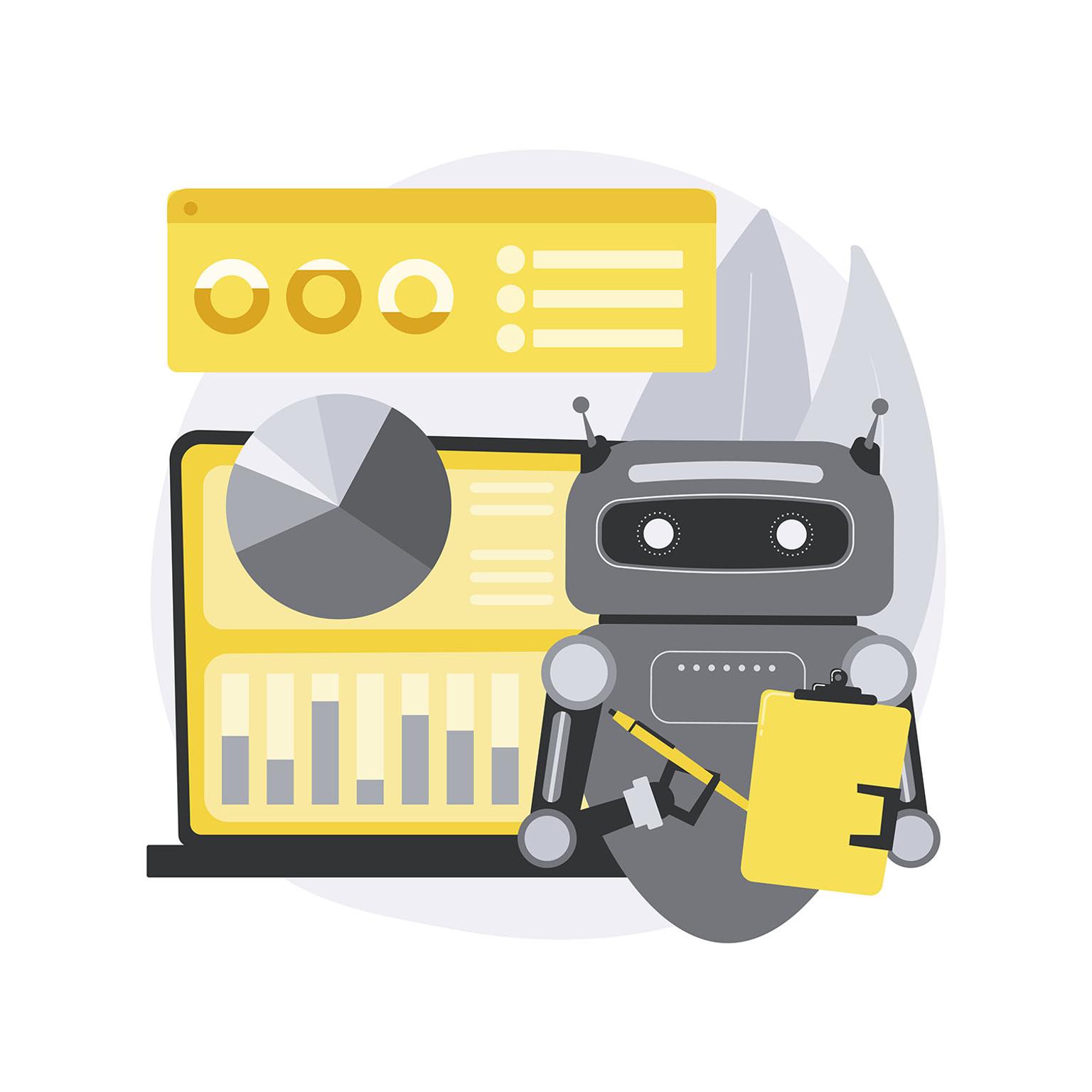Stay Ahead in E-commerce With AI Tools For Business Growth
The power of AI tools for business growth in the e-commerce industry. Our experts utilize technology like chatbots and predictive analytics. Contact us now.


As the e-commerce industry continues to grow, businesses are looking for ways to stay ahead of the competition. One way to gain a competitive advantage is through the use of AI tools. AI tools can help businesses make data-driven decisions, personalize the customer experience, and automate routine tasks.
1. Conversational AI (Chatbots)
Conversational AI, or chatbots, can help e-commerce businesses automate customer service and improve the customer experience. Oracle’s data showed that 80% of businesses plan to use chatbots by 2020. This number only increased with the recent AI developments. Chatbots can provide instant support to customers, 24/7, and can handle routine customer inquiries, such as tracking orders, answering frequently asked questions, and processing returns. Additionally, chatbots can help personalize the customer experience by using customer data to make product recommendations.
Some popular chatbot platforms include:
2. Personalization Tools
Personalization is key to creating a positive customer experience. AI-powered personalization tools can help e-commerce businesses personalize the customer experience at scale. According to a study by Epsilon, personalized emails have a higher open rate than non-personalized emails. Additionally, 90% of customers find personalized recommendations useful.
Some popular personalization tools include:

Source: Freepik
3. Product Recommendation Engines
Product recommendation engines can help e-commerce businesses increase sales by recommending products to customers based on their purchase history, browsing history, and other behavioral data. According to a study by Accenture, 75% of customers are more likely to make a purchase from a retailer that recommends products based on their purchase history.
Some popular product recommendation engines include:
4. AI-Powered Marketing Automation
Marketing automation can help e-commerce businesses save time and increase revenue by automating routine marketing tasks, such as email marketing and social media advertising. AI-powered marketing automation can take this a step further by using customer data to personalize marketing messages and optimize campaigns.
Some popular AI-powered marketing automation tools include:
5. Visual Search
Visual search can help e-commerce businesses improve the customer experience by allowing customers to search for products using images instead of text. According to a study by Slyce, 74% of consumers say text-based keyword searches are inefficient.
Some popular visual search tools include:
6. Image and Video Recognition
Image and video recognition can help e-commerce businesses automate product tagging and categorization. This can save time and improve the accuracy of product categorization, which can help improve the customer experience.
Some popular image and video recognition tools include:

Source: Freepik
7. Customer Sentiment Analysis
Customer sentiment analysis can help e-commerce businesses understand how customers feel about their products, brand, and customer service. This can help businesses make data-driven decisions to improve the customer experience.
Some popular customer sentiment analysis tools include:
8. Voice Commerce
Voice commerce can help e-commerce businesses tap into the growing trend of voice-enabled devices, such as smart speakers and virtual assistants. According to a study by OC&C Strategy Consultants, voice commerce is expected to reach $40 billion in the US and UK by 2022.
Some popular voice commerce tools include:
9. Fraud Detection
Fraud is a major concern for e-commerce businesses. AI-powered fraud detection tools can help businesses detect and prevent fraudulent transactions, which can save them money and protect their reputation.
Some popular fraud detection tools include:
10. Predictive Analytics
Predictive analytics can help e-commerce businesses make data-driven decisions by using machine learning algorithms to analyze customer data and predict future behavior. A paper by Forrester, predictive analytics can help e-commerce businesses increase revenue by 10%.
Some popular predictive analytics tools include:
In conclusion, AI tools can help e-commerce businesses improve the customer experience, increase sales, and make data-driven decisions. From chatbots to predictive analytics, there are a wide variety of AI tools available for e-commerce businesses to choose from. By leveraging these tools, businesses can gain a competitive advantage and stay ahead of the competition.
Utilise the Latest AI Tools and Market Development Strategies with AWM
Utilize the latest AI tools and market development strategies to grow your e-commerce business with AWM.
Our experts will guide you through how we utilize a vast array of AI-powered tools available, from chatbots and virtual assistants to predictive analytics and machine learning when it comes to handling our client. Contact us today to take your online business to the next level.